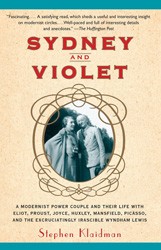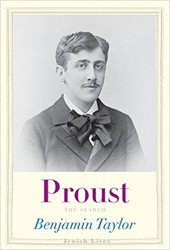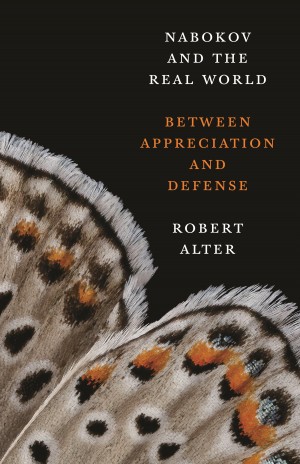What makes a good story? Daniel Mendelsohn agrees with Aristotle: it’s not a series of events retold in the order in which they occurred. Great epics like the Odyssey repeatedly digress, adding many ruminations and details before coming back to the plot.
In Three Rings, Mendelsohn finds that pattern in life as well as in literature, specifically with three exiled writers. One is the scholar Erich Auerbach, a German Jew who in 1936 found refuge at a university in Istanbul. His masterwork of comparative literature, Mimesis, expresses doubts about the ability of the detail-saturated style of the Greek epics to represent reality compared to the spare style of the Hebrew Bible.
A few centuries earlier, the French priest François Fénélon juxtaposed the Odyssey with Christianity, offering moral instruction to Catholic children through adventure stories he invented about Telemachus, the son of Odysseus. Those stories jump off from, and finally return to, a specific point in the Odyssey’s narrative, almost as if Fénélon’s Telemachus tales had been a long digression by Homer himself.
Fénélon was exiled because his stories offended France’s king. He, too, had a connection with Istanbul, where the adventures of Telemachus became the most famous French book in the Ottoman Empire, even more so when it was translated into Turkish.
The third figure, W. G. Sebald, grew up in Germany in the postwar years. As a young man he voluntarily exiled himself to Norwich, England. One of his impressionistic books was in fact called The Emigrants, but Mendelsohn is more taken with The Rings of Saturn, “rings” being also a way of describing literary digressions which circle back to the point where they began, as did Fénélon’s Telemachus stories. Such rings bind together these three exiles.
Marcel Proust’s In Search of Lost Time makes mention of Fénélon’s The Adventures of Telemachus. Daniel Mendelsohn sees Proust’s 4,000-page masterpiece itself as “a fantastically elaborated series of narrations and digressions.” Proust’s “rings” may be the most intricate illustration of how ideas, history, and literature are interrelated. In his universe, coincidences are a sign of order, not random chance.
“Ring” composition, writes Mendelsohn, can give you the sense “that there is a profound, almost supernatural connectedness between events.” A search for connectedness can be found in much of his own writing, starting with his early memoir, The Elusive Embrace. He makes new, unexpected connections with his eighty-one-year-old father as they study Homer together in the more recent memoir, An Odyssey. In The Lost, he travels to Eastern Europe to connect with his forebears.
This slim volume swirls with Daniel Mendelsohn’s sublime reflections on history, architecture, religion, theater, literature, scholarship, and on his own life. To read it is like spending a few hours with a brilliant, captivating conversationalist whose ardor for his subjects is contagious. It’s an intellectual adventure, and a brilliant achievement.
Bob Goldfarb is President Emeritus of Jewish Creativity International.





